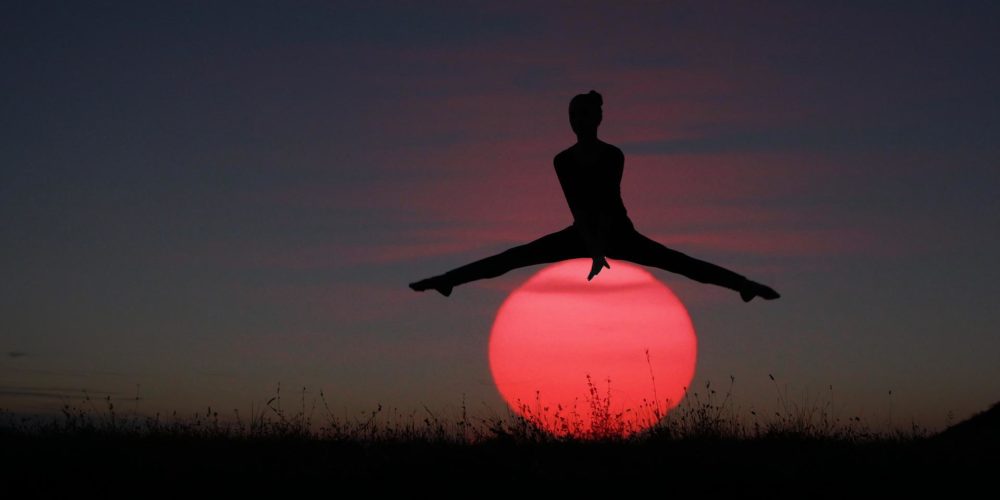1000 columns later: what I have learned

I continue the commemoration of 1,000 columns on this page, with some personal learnings. It’s a long time, a thousand weeks of anyone’s life. My son was not yet born when I began writing here; he’s now beginning his adulthood.
It has been a time of many personal ups and downs—as all times are. There were births and deaths, weddings and funerals, advances and reversals. That’s not special; any two decades in anyone’s life will be like that. Which takes me to the first lesson this journey taught me: that of bounceability. Life is full of crashes and smashes, pratfalls and stumbles. We can’t avoid them, no matter how hard we try. Human existence is uncertain and complex, subject to much exogeneity.
The only thing we can try to be is bounceable—resilient, able to adapt, and recover quickly. This requires both structure and character. We can’t bounce back from adversity unless we possess reserves—financial, but also some pools of patience and adaptability. One of the most important ways I have found of cultivating bounceability is this: to avoid being deflated by adversity, don’t be elated in victory. Take everything in good measure. Neither euphoric nor pathetic be. When times are good, prepare for the bad ones to come. When they are bad, strengthen your ability to absorb and work through pain.
This bounceability is something the past two decades have shown me about my country, too. Kenya has undergone remarkable tribulations in the time I have been writing this column: botched elections; orchestrated tribal violence; terror attacks; severe economic downturns; a prolonged COVID pandemic. There have been many dark days. What always happens at national level, however, soon after the clouds part? We bounce back! There is fizz and resilience in our people. We pick ourselves up and get working again.
This remarkable spirit, sadly, is what allows leaders to get away with their travesties. Kenyans bail them out by bouncing back. What we need going forward is leadership that taps into this unique asset—the spirit of endeavour and adaptation in the people.
Next, I learned a permanent lesson about the human brain: one is not enough! No matter how clever or independent or unique any one brain is, it benefits greatly from its interactions with other minds. We are at our best when we learn from one another: when we collaborate; when we tolerate; when we assimilate. This is because of brain plasticity: our neurons are rewired by interaction with others. Neuroscientist Lisa Feldman Barrett calls this “tuning and pruning”—the remodelling of our brains caused by our experiences with other humans.
My way of doing this tuning and pruning is through assiduous reading and learning, to tether my brain to those of people whose work I admire. It is also through writing. When my brain connects with yours, through these words every week, we both have the opportunity to learn.
But there is also another way to grow our brains: through deep collaborations with the people that matter to us. When I started writing this column, I had just begun the self-employment journey, and wanted nothing more than to be a lone wolf. Slowly, a deeper wisdom dawned. I have cultivated a work team that possesses diverse intelligences and personalities. We come up with great insights and ideas and solutions—but we do it together. The whole truly exceeds the sum of the parts.
My third and final lesson in this writing odyssey is that of awe. I write mostly about the human world; but what is truly awe-inspiring is the natural world. The morning birdsong; the setting sun; the sky by night; these things are complex beyond our understanding; yet simple enough to love and to draw peace from. They are gifted to us; yet we proceed to ruin them. My 1000-article journey has also recorded the pillage of the environment for personal gain. We seem to be on a mission to harm our oceans, strip away our trees, pollute our rivers, darken our skies. We fall for the trope that this is necessary in the name of something called development—as though humans can develop independently of the natural world, or at its expense. My hope that we can find better sense, and better respect for what is truly unique—planet earth—will continue to appear on this page.
There you have it. My abiding lessons centre on resilience, and respect. You will have yours, I’m sure. Those are mine.
What is truly gratifying through this journey is that so many of you responded to my 1000-column milestone last week to say you have been reading this column from the day it first appeared. Some, from their teenage years through to middle age! Thank you, one and all, for the company. It’s always appreciated.
(Sunday Nation, 12 June 2022)

Buy Sunny Bindra's new book
The X in CX
here »
Popular Posts
- Snakes and Ladders, AKA your lifeJanuary 25, 2026
- How things fall apartFebruary 8, 2026
- Pretty isn’t the productFebruary 1, 2026
- Why the third generation might ruin everythingFebruary 15, 2026
- Make this your year of being boringJanuary 4, 2026











